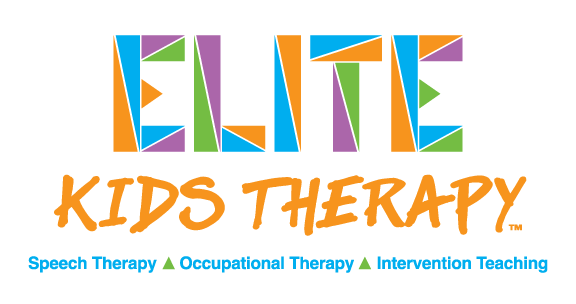From Understood.org, written By Julie Rawe

Meet Kevin, a third grader with slow processing speed. This doesn’t mean he isn’t smart. It just means his brain needs more time to take in and use information. For example, he often knows the right answer to a question, but he needs more time to answer it.
Slow processing speed affects nearly every aspect of his day. To understand some of the ways processing speed impacts kids, take a look at a typical day in Kevin’s life.

7 a.m.
“Kevin, what do you want for breakfast?” Kevin is looking at Mom but doesn’t answer. “Kevin, cereal or yogurt? Which one?” Feeling pressured, Kevin finally blurts out an answer: “Cereal.” But it gets soggy before he realizes that he really wanted the yogurt. Now Mom is annoyed that Kevin might miss the bus.
Challenges related to processing speed: Making decisions

8:45 a.m.
Kevin is excited about his class job today: taking the attendance list to the office. But along the way, he forgets what he’s doing or why. Unlike some kids with slow processing speed, Kevin doesn’t have ADHD. But his brain processes information slowly, so there’s less time for his working memory to grab on to new information and use it before it gets lost.
Challenges related to processing speed: Remembering new information
10 a.m.
Ugh, math sprints. The absolute worst. Kevin knows his multiplication facts, but he “freezes up” and needs more time to think of the answers. He feels crummy when the teacher reminds the class that kids who finish early can read a book. Kevin probably won’t even get through one column before time runs out.
Challenges related to processing speed: Anxiety, self-esteem
Noon
Recess is only 20 minutes, and it takes Kevin a while to decide what he wants to do. He joins the kids trading Pokémon cards, which aren’t allowed at school. Kevin is slow to notice that the other kids are scrambling to hide their cards from the recess monitor. She sees Kevin with his cards, and he’s the only one who gets in trouble.
Challenges related to processing speed: Making decisions, picking up on social cues
2:45 p.m.
The end of the school day is so stressful. Kevin is always the last kid in class to finish writing down the homework assignment that’s on the board. No one can leave until Kevin finishes. Writing is always hard for him, but it’s even harder when his classmates keep saying “Hurry up!”
Challenges related to processing speed: Taking notes, coping with anxiety
4:15 p.m.
Kevin loves shooting hoops. He’s really good at three-pointers. But the coach is a fast talker, and Kevin can’t process what she’s saying fast enough. His teammates are annoyed that he keeps forgetting the drills. And his long pauses make them feel awkward when they try to have a conversation with him.
Challenges related to processing speed: Following directions, having conversations
8:30 p.m.
Kevin’s homework is supposed to take half an hour. But he’s been working on it for almost two hours and it still isn’t done. To get a good night’s sleep, Kevin really needs to start his bedtime routine now. But Mom isn’t sure what to do. Should I help my child finish his homework or make sure he gets enough sleep?
Challenges related to processing speed: Finishing homework, following routines

10 p.m.
Brushing teeth. Putting on pajamas. Packing his backpack. Every step takes a long time. Bedtime is often an emotional time, too. Kevin tells Mom he isn’t sure why he got in trouble at recess when the other kids didn’t. As he’s making connections and figuring out what happened, snuggling with Mom helps him feel a little better.
Challenges related to processing speed: Making connections, self-esteem
About Slow Processing Speed
Having slow processing speed has nothing to do with how smart kids are. It’s caused by brain differences that make them take longer to do things than other kids. This includes doing homework, having a conversation, and making decisions like what to eat for breakfast.
Slow processing speed can happen on its own. But it often co-occurs with ADHD, dyslexia, and anxiety. Telling people with slow processing speed to “hurry up” can add to their anxiety and make them take longer to complete a task.
Cincinnati Therapy Connections can help your child with slow processing speed. We have ideas and tips to help you with educating your child and helping them navigate everyday life challenges. Contact us for more information about receiving quality speech and occupational therapy. Our experienced SLP and OT’s provide therapy in your home, child’s educational environment or our Mason office. As an Autism and Jon Peterson scholarship provider, these services are free for you!
Reach out and we can help!
Ph: 513-444-0770
Email: [email protected]

